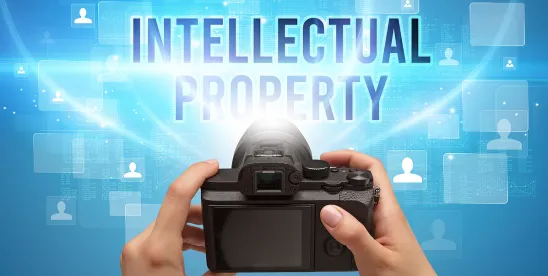Jack Dorsey's recent tweet, “delete all IP,” and Elon Musk’s echo, “I agree,” are not serious policy proposals—they’re the petulant grumblings of billionaires frustrated that intellectual property laws are interfering with their ambitions. These statements are particularly rich coming from men whose companies have aggressively accumulated intellectual property rights: According to the USPTO’s database, Dorsey’s Twitter secured 410 U.S. patents, while Musk’s Tesla amassed 879. Their current distaste for IP conveniently arises now that their market dominance makes such protections less essential—for them.
Both Dorsey and Musk are deeply involved in artificial intelligence, a field that relies heavily on vast amounts of written material—much of it copyrighted—for training models. Whether this use constitutes copyright infringement is currently being litigated. If courts finally determine that it is infringement, the implications for AI development could be substantial. Of course, developers could turn to public domain materials, but if that’s the route, be prepared for your AI assistant to start speaking in “forsooths,” “prithees,” and “perchances.” The obvious (and apparently odious) alternative? Pay fair value for the content being used.
Musk once told Jay Leno, “patents are for the weak.” There’s a kernel of truth there—not because patents are inherently flawed, but because they level the playing field. Patents exist precisely to empower the weak: to incentivize inventors and protect them as they challenge entrenched giants. Abraham Lincoln famously described patents as having “added the fuel of interest to the fire of genius.” Patents don't just reward inventors—they give entrepreneurs the confidence to invest in the risky business of innovation.
While Dorsey and Musk may be targeting copyright more than patents, the principle remains the same. Copyright is designed to reward creators by granting them property rights over their work—rights that encourage the creation and dissemination of culture and knowledge. As poet Joel Barlow eloquently argued in 1783, after authors dedicate their lives to honing their craft, it is a matter of “natural justice” that they should profit from their labor and reputation.
This principle was enshrined in the U.S. Constitution on March 4, 1789, when Article I, Section 8, Clause 8 gave Congress the authority “[t]o promote the progress of science and useful arts, by securing for limited times to authors and inventors the exclusive right to their respective writings and discoveries.” Congress exercised this power almost immediately with the Patent Act of 1790 and the Copyright Act of the same year.
For over 235 years, intellectual property has fueled innovation, creativity, and economic growth in America. The call to “delete all IP” reeks of a “pull up the ladder” mentality—a cynical effort by technology oligarchs who benefited from IP protections to now deny them to others, simply because they’ve become inconvenient. If Musk and Dorsey are as visionary as they claim, they should propose a fair compensation system for AI training. Don’t blow up the system that nurtured generations of inventors and authors—build something better.
The opinions expressed in this article are those of the author and do not necessarily reflect the views of The National Law Review.




 />i
/>i
